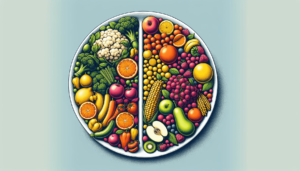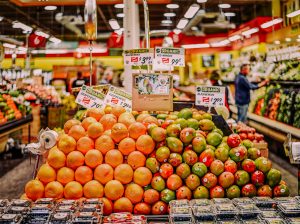In today’s world, the choices we make about what we eat play a crucial role in our overall health and wellness. Our article, “Can Organic Food Reduce the Risk of Cancer?” delves into the potential health benefits of consuming organic foods, particularly in relation to cancer prevention. We explore the latest research findings, the nutrient profiles of organic versus conventional produce, and the role of pesticides and chemicals in our food. Together, we’ll uncover whether opting for organic alternatives can make a significant difference in lowering our cancer risk and improving our long-term health. Have you ever wondered if organic food can truly play a role in reducing the risk of cancer? We often hear a lot about the benefits of organic food, but does it really hold the potential to protect us from such a formidable illness?
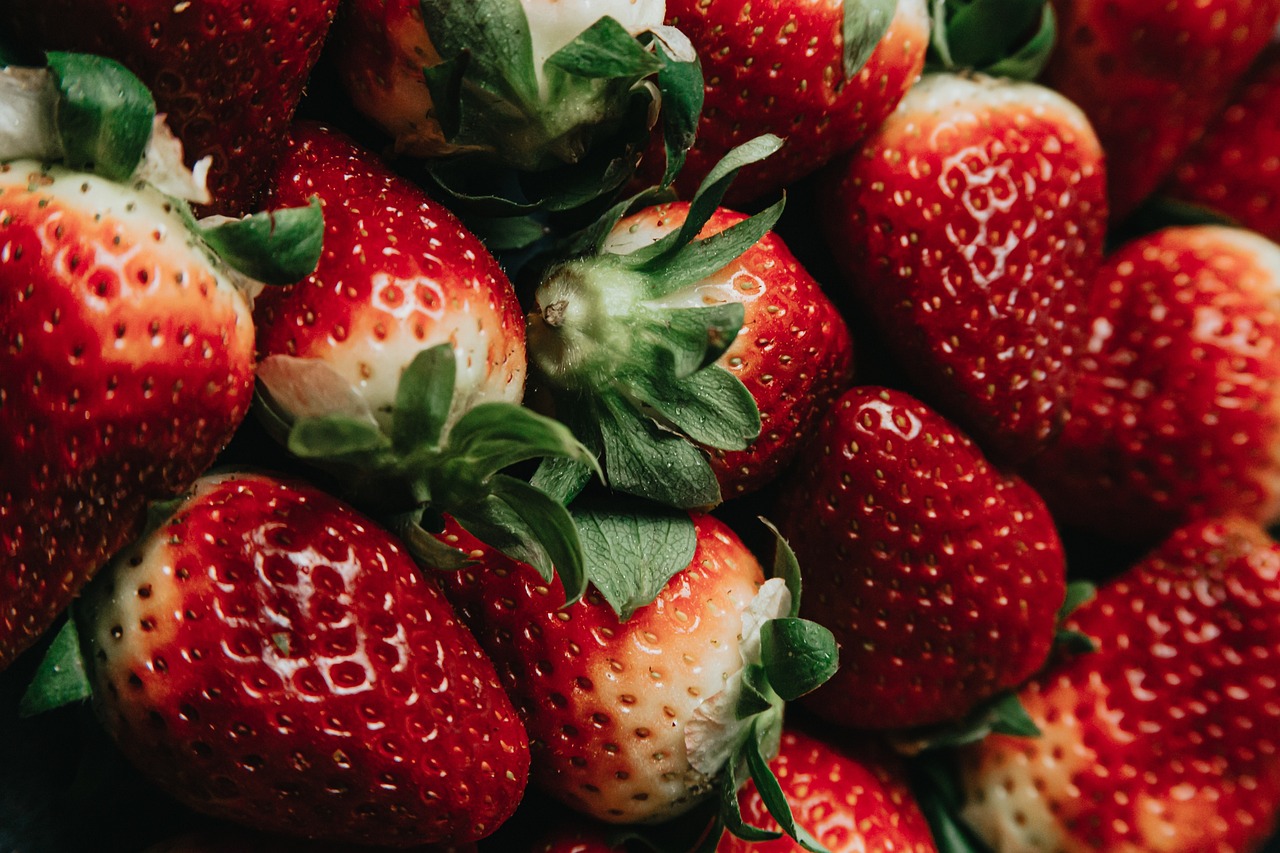
Introduction to Organic Food
Organic food has significantly grown in popularity over the last few years, but what exactly does it entail? Organic food refers to food products that are grown, processed, and handled using natural methods and without synthetic chemicals such as pesticides and fertilizers.
What Makes Food Organic?
To be labeled as “organic,” food must meet certain standards. These standards are generally established by government bodies and typically include:
- No use of synthetic pesticides or fertilizers
- No genetically modified organisms (GMOs)
- Ethical treatment of livestock with access to the outdoors and organic feed
- Restricted use of antibiotics and growth hormones
These practices are designed to promote ecological balance, conserve biodiversity, and reduce pollution.
The Connection Between Diet and Cancer
Before diving into whether organic food can reduce the risk of cancer, it’s crucial to understand how our diet influences cancer risk. Various factors, such as genetics, lifestyle, and environment, contribute to the likelihood of cancer. However, diet plays a significant role in determining our overall health.
Components of A Healthy Diet
A balanced diet rich in fruits, vegetables, whole grains, and lean proteins is recommended to keep our bodies functioning optimally. Here are some key dietary components and their roles:
| Nutrient | Role in Health |
|---|---|
| Fiber | Promotes digestive health and may reduce cancer risk |
| Antioxidants | Protect cells from damage that can lead to cancer |
| Vitamins | Support immune function and overall well-being |
| Minerals | Regulate bodily functions and maintain health |
Diet and Cancer Studies
Several studies have illustrated that certain foods may either contribute to or help prevent cancer. Processed meats, for instance, have been linked to an elevated risk of colorectal cancer. Conversely, antioxidant-rich foods like berries, nuts, and leafy greens have been shown to have a protective effect.
Benefits of Organic Food
So why choose organic food? Here are some benefits often associated with consuming organic products:
Nutrient Content
Research comparing organic and conventional foods shows mixed results, but some studies suggest that organic foods may have slightly higher levels of certain nutrients.
| Nutrient | Potential Increase in Organic Foods |
|---|---|
| Vitamin C | Higher levels in organic produce |
| Iron | Improved iron absorption |
| Magnesium | Greater presence in organic crops |
Reduced Exposure to Pesticides
Pesticides play a critical role in conventional farming, but their presence in the food we consume can pose health risks. Organic food offers a significant reduction in pesticide exposure.
Better for the Environment
Organic farming practices aim to protect the environment. These methods focus on maintaining healthy soils, reducing water contamination, and preserving wildlife.
Can Organic Food Reduce Cancer Risk?
With these benefits in mind, let’s examine how organic food might directly affect our risk of developing cancer.
Pesticide Exposure and Cancer
Pesticides are often cited as a potential risk factor for cancer because they can act as endocrine disrupters and generate harmful chemical reactions in the body.
Antioxidant Levels
Organic foods tend to have higher levels of antioxidants, which help neutralize free radicals and reduce the risk of cancer initiation and progression.
Long-term Studies
Findings from long-term studies indicate a lower risk of certain cancers among individuals who predominantly consume organic food. However, more research is needed to establish definitive conclusions.
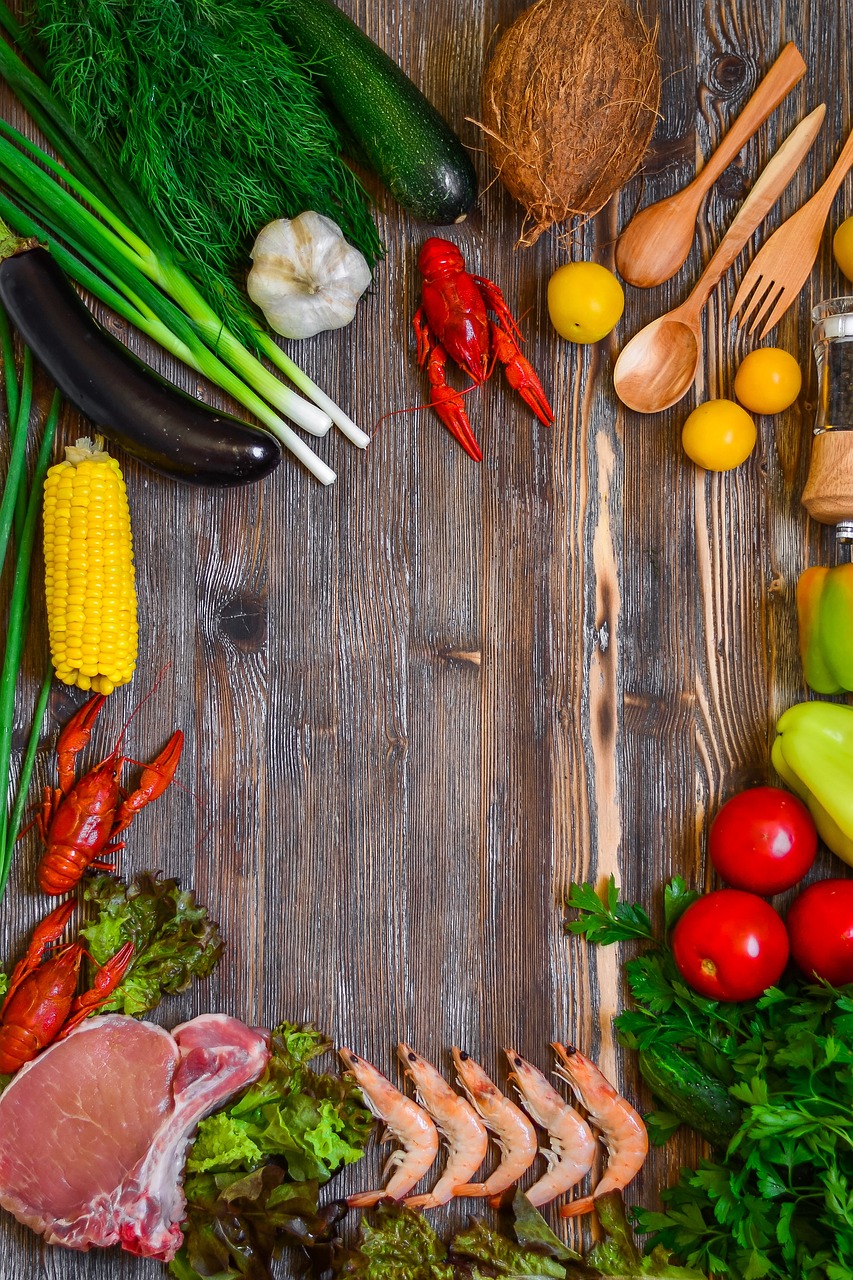
Studies Supporting Organic Food Consumption
Several studies have investigated the effects of organic food on health. Here are a few significant ones:
The Million Women Study
One study involved over 600,000 women and found that those who frequently consumed organic food had a slightly reduced risk of non-Hodgkin lymphoma compared to those who did not.
The JAMA Internal Medicine Study
Research published in 2018 studied around 69,000 people over several years. It concluded that people who ate more organic food had a 25% lower likelihood of developing cancer compared to those who consumed conventional food.
Limitations and Considerations
Although these studies provide valuable insights, it’s important to acknowledge their limitations. Factors like lifestyle, socioeconomic status, and overall diet can also influence cancer risk and should be taken into account when interpreting the results.
Making the Switch to Organic
If you’re considering incorporating more organic food into your diet, here are some practical tips to help you get started:
Prioritize Certain Foods
Some produce items are more susceptible to pesticide contamination. The Environmental Working Group (EWG) annually publishes the “Dirty Dozen” list of produce with the highest pesticide residues. Prioritizing organic options for these items can be a good starting point.
| Dirty Dozen 2023 | Clean Fifteen 2023 |
|---|---|
| Strawberries | Avocados |
| Spinach | Sweet Corn |
| Kale | Pineapples |
| Pears | Onions |
| Apples | Papayas |
| Grapes | Frozen Sweet Peas |
| Nectarines | Asparagus |
| Cherries | Honeydew Melons |
| Peaches | Kiwis |
| Tomatoes | Cabbages |
| Celery | Mushrooms |
| Potatoes | Mangoes |
Budget-Friendly Tips
Organic food can sometimes be more expensive. Here are some tips to make it more affordable:
- Buy in bulk: Items like grains, legumes, and nuts can be purchased in large quantities to save money.
- Seasonal produce: Buying fruits and vegetables that are in season often costs less, even for organic options.
- Local farmers’ markets: Local markets may provide organic products at lower prices than supermarkets.
Grow Your Own
If you have the space and time, growing your own organic produce can be a rewarding and cost-effective way to enjoy fresh, pesticide-free food.
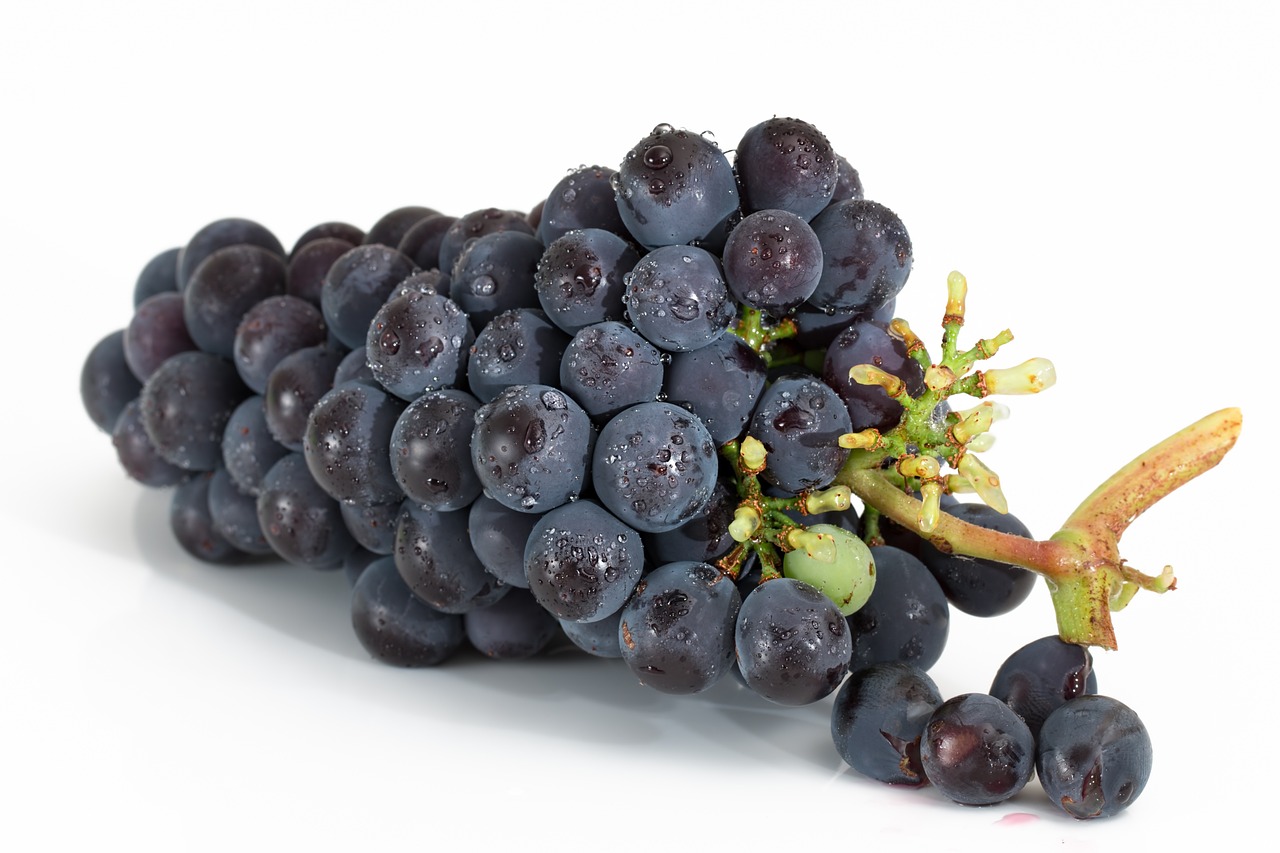
The Bigger Picture: A Holistic Approach
While buying organic food is beneficial, it’s important to consider a holistic approach to health and cancer prevention. This includes regular physical exercise, avoiding tobacco, limiting alcohol intake, and managing stress.
Physical Activity
Engaging in regular physical exercise can help maintain a healthy weight and reduce the risk of several types of cancer.
No Smoking
Tobacco use is a leading cause of cancer. Quitting smoking and avoiding secondhand smoke are essential for minimizing cancer risk.
Reduced Alcohol Consumption
Limiting alcohol intake can decrease the risk of liver, breast, and other cancers.
Stress Management
Chronic stress may negatively impact immune function. Techniques like meditation, yoga, and adequate sleep can help manage stress levels effectively.
Debunking Myths and Misconceptions
There are several myths about organic food that we should address to have a clear and factual understanding.
Myth: Organic Food is Always Healthier
While organic foods can provide health benefits, not all organic products are inherently healthier. Processed organic foods can still be high in sugar, salt, and unhealthy fats.
Myth: Organic Farming Doesn’t Use Pesticides
Organic farming can use natural pesticides, which are generally considered safer and less harmful than synthetic alternatives.
Myth: Organic and Conventional Foods Have Vastly Different Nutrient Profiles
While some studies suggest slight nutritional advantages for organic food, the differences are not always substantial.
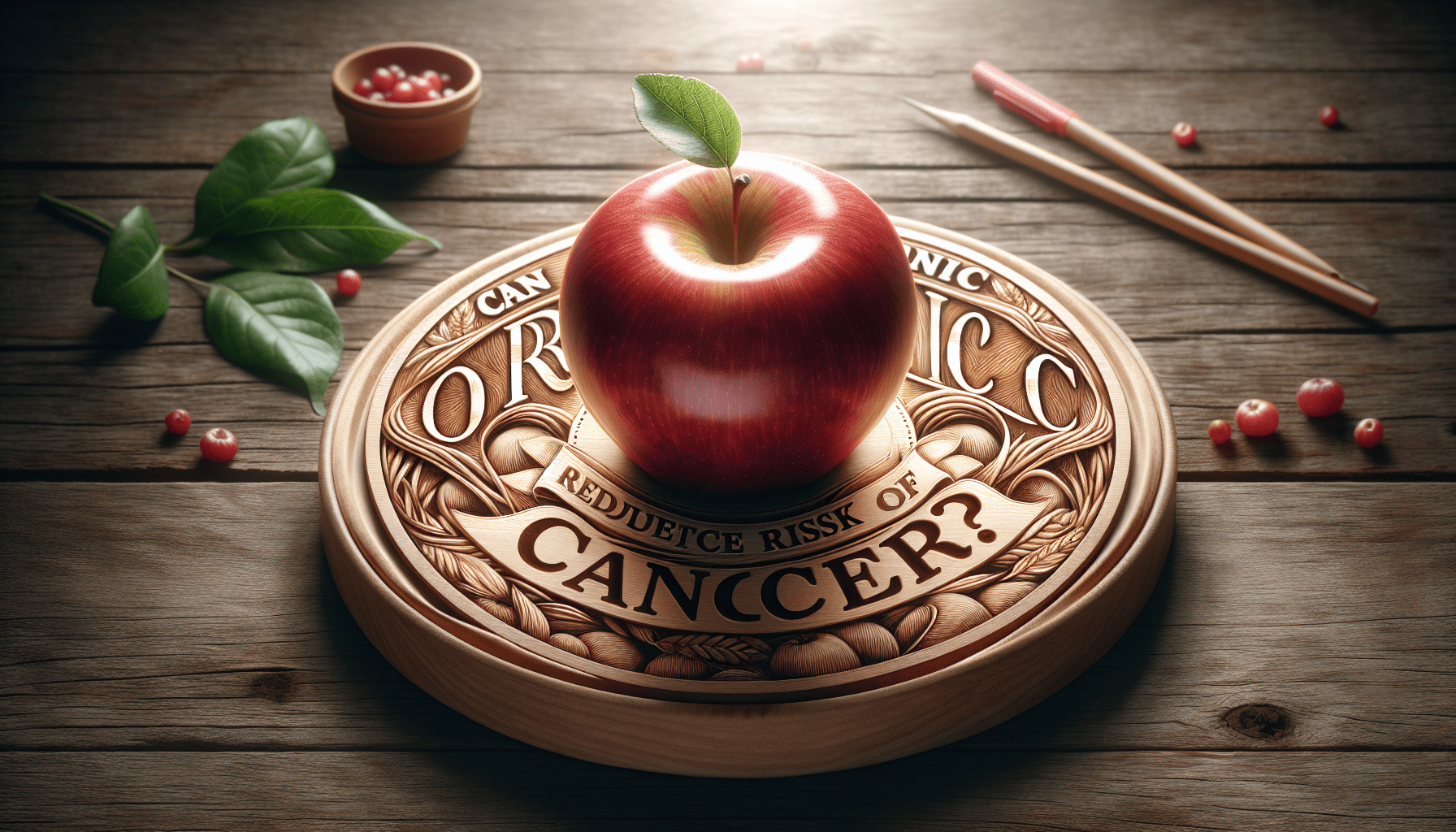
Conclusion
So, can organic food reduce the risk of cancer? The evidence suggests that consuming organic food can contribute to lowering cancer risk, particularly through reduced pesticide exposure and higher antioxidant levels. However, it’s important to remember that diet is just one piece of the puzzle. A balanced lifestyle that includes healthy eating, regular exercise, and stress management is fundamental to overall well-being and cancer prevention.
By taking a holistic approach to health and making informed choices about our food, we can significantly improve our chances of leading a long and healthy life. As we continue to learn more about the intricate relationship between diet and cancer, opting for organic foods can be one effective strategy among many to safeguard our health.
So next time you visit the grocery store or farmers’ market, consider adding some organic options to your cart. Small changes in our daily habits can collectively make a big impact on our long-term health. Here’s to making choices that nurture our bodies and the planet!


